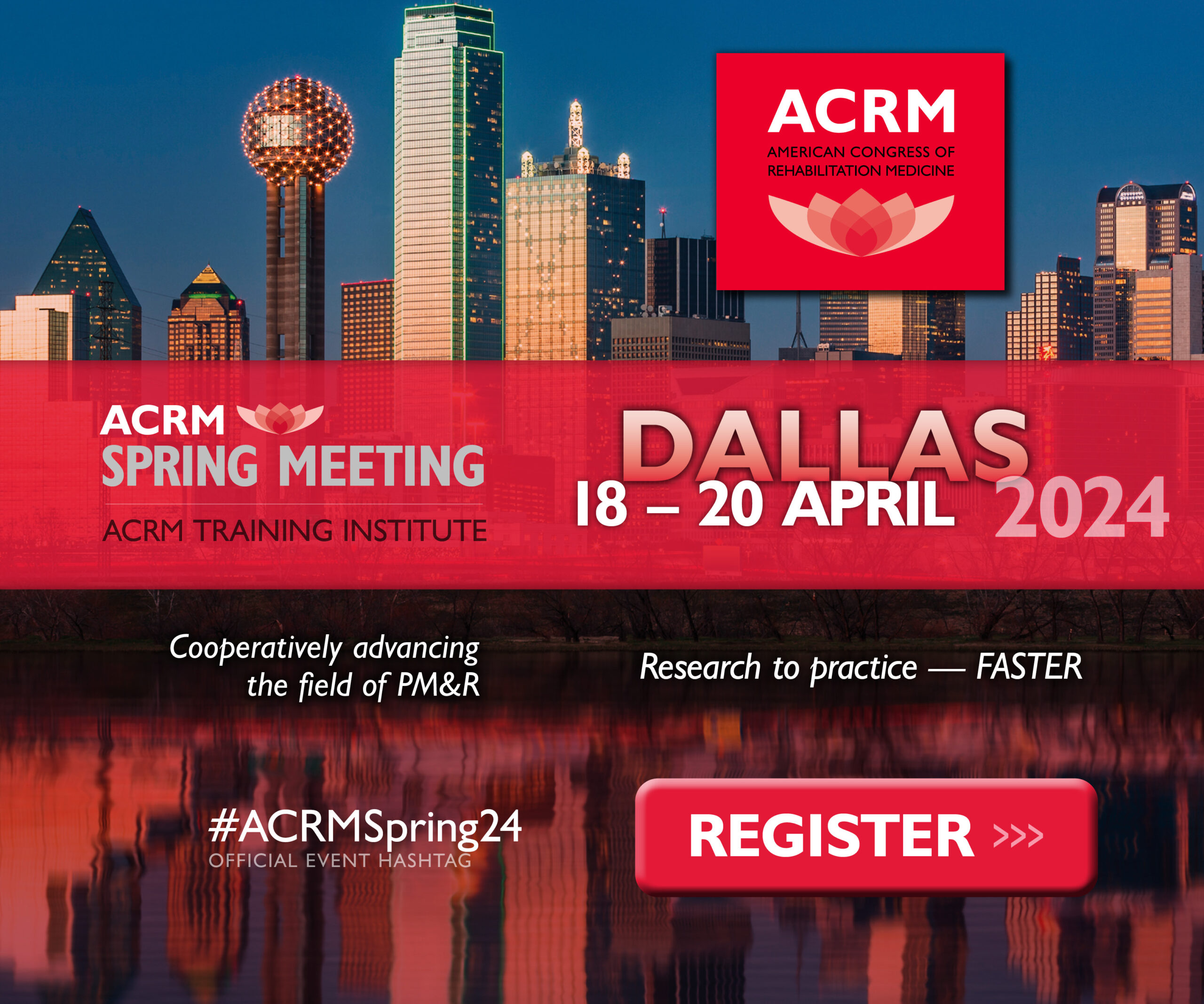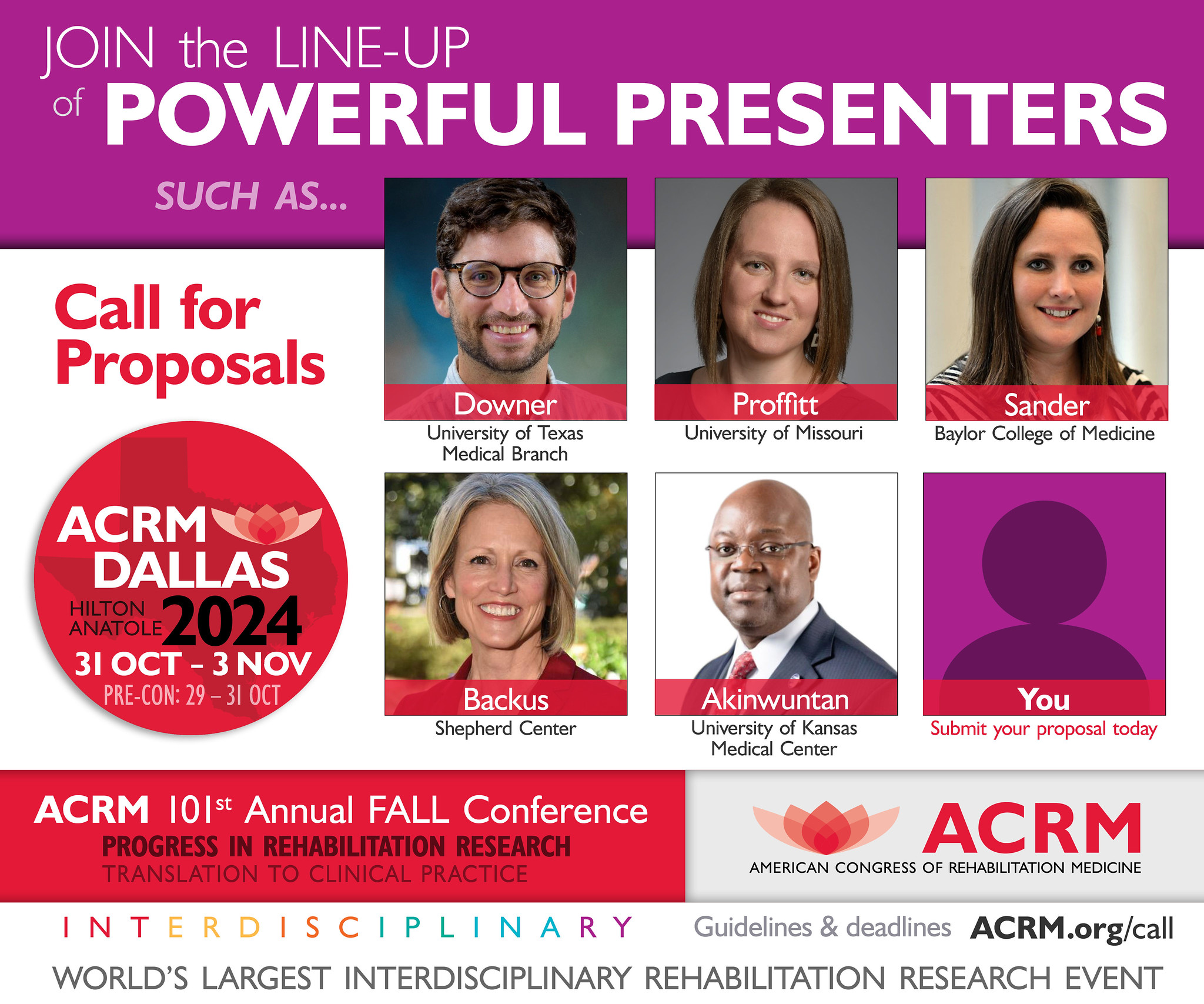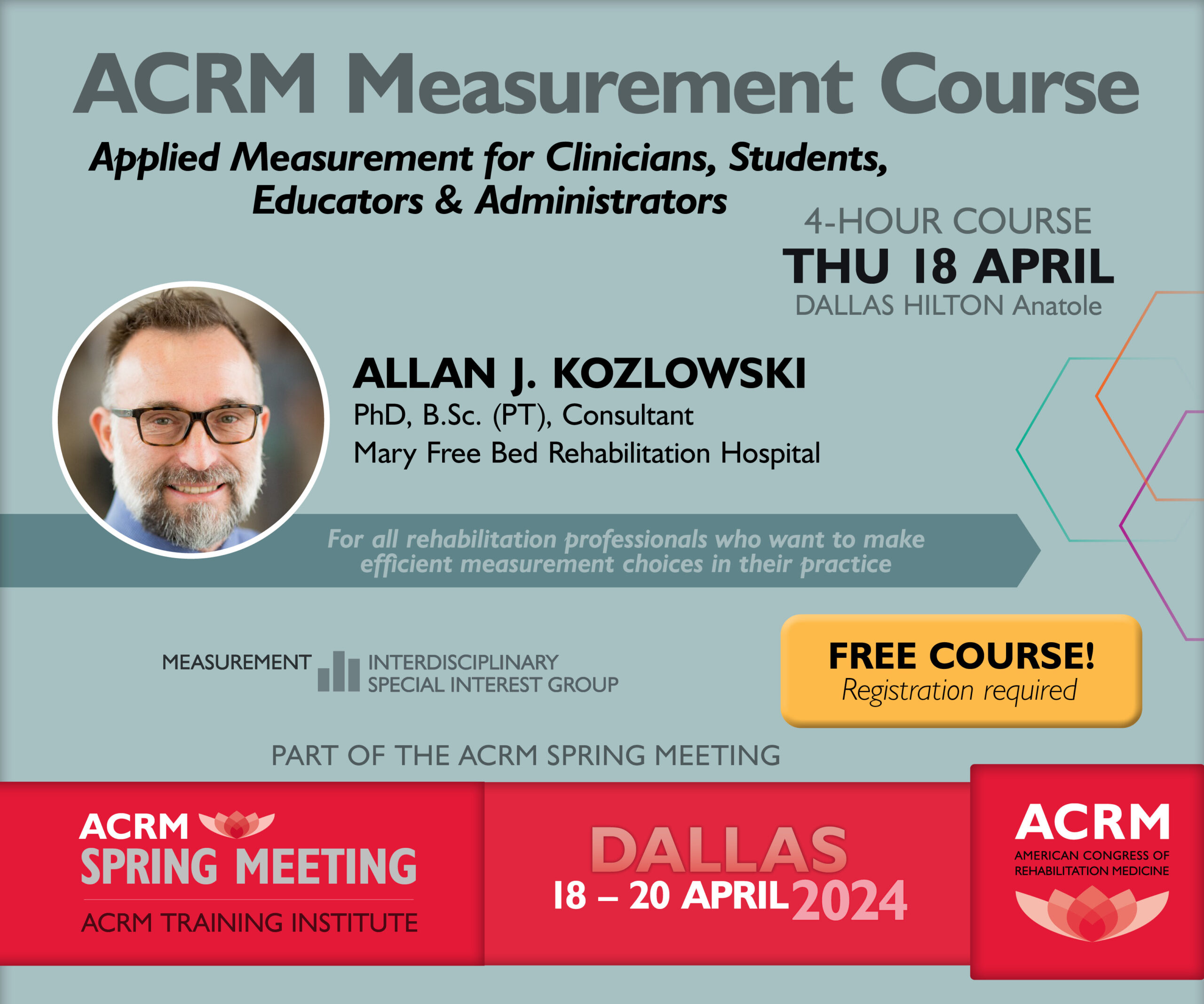Research Spotlight

Rachel Sayko Adams, PhD, MPH, Scientist, Institute for Behavioral Health, Heller School for Social Policy and Management, Brandeis University; Health Services Researcher, Veterans Health Administration, Rocky Mountain Mental Illness Research Education and Clinical Center, Aurora, Colorado
Q: What’s your current research focus or area you are most excited about?
A: I am a health-services researcher with training in public health, health policy, and social justice. My research portfolio focuses primarily on enhancing the health and wellbeing of military members and Veterans, with a focus on understanding the relationship between a history of traumatic brain injury (TBI) and post-injury substance use and psychological health problems. With pre-doctoral funding from the National Institute on Alcohol Abuse and Alcoholism, my dissertation revealed that active duty military members who experienced a recent deployment-acquired TBI had increased odds of postdeployment frequent binge drinking, and were at increased risk for negative drinking-related consequences, independent of posttraumatic stress disorder. I have worked closely with Dr. Mary Jo Larson at The Heller School, Brandeis University to develop the Substance Use and Psychological Injury Combat (SUPIC) study, which includes a cohort of over 865,000 Army soldiers who returned from an Afghanistan or Iraq deployment. We have conducted SUPIC studies to examine the impact of early behavioral health treatment in reducing long-term substance use and psychological health problems, and currently are examining the role of nonpharmacologic pain management approaches for treating soldiers with chronic pain as a substitute for opioids. The SUPIC database includes person-level Department of Defense (DoD) data (e.g., Military Health System claims, postdeployment screening data, and separation data). We track SUPIC soldiers who separated from the military and subsequently utilized care in the Veterans Health Administration (VHA) by merging together data from the Military Health System and the VHA.
I remain very interested in developing studies to improve the transition between the Military Health System and the VHA, to enhance prevention programs, and to improve treatment and outcomes for military members transitioning out of the MHS. I also remain dedicated to research in the area of substance use following TBI, and plan to expand this portfolio to examine opioid use post-TBI, as well as the impact of post-injury substance use on long-term outcomes. My colleague, Dr. John D. Corrigan, and I recently published a commentary in Addictive Behaviors entitled, “The Intersection of Lifetime History of Traumatic Brain Injury and the Opioid Epidemic,” in which we contend that a history of TBI likely increases the risk for opioid use disorder and that additional research is warranted to determine if additional barriers exist for people with TBI and opioid use disorder to access evidence-based treatments.
Q: What prompted/motivated you to choose that area?
A: During the first year of my PhD program in Social Policy at Brandeis University, I worked on a research study to examine the impact of deployment on the healthcare utilization of military spouses and children with Dr. Larson. I became immersed in learning about the Military Health System and military culture, and had opportunities to present our work at military conferences and to brief DoD leadership. Because of my interest in military health, and my training in substance use services research at Brandeis University, I learned about the culture of heavy drinking in the military. I was also intrigued by emerging information about the high prevalence of blast-related TBIs that were occurring in Afghanistan and Iraq. I started to wonder if military members who experienced a TBI while deployed would be at increased risk for unhealthy drinking upon return, and if they would be at additional risk for negative drinking-related consequences, regardless of drinking level. To learn more, I visited with military and TBI researchers and rehabilitation professionals. I asked tons of questions. These informational meetings with researchers and experts eventually led me to speak to Dr. Corrigan, a thought leader on substance use following TBI, and I was extremely fortunate to have him join my dissertation committee. Because of my interactions with DoD leadership while working as a Graduate Research Assistant, I was able to gain sponsorship from the DoD to examine these research questions with my dissertation using the 2008 DoD Survey of Health Related Behaviors among Active Duty Military Personnel.
Q: Did you have any pivotal experience that propelled your research success?
A: Working on the SUPIC study for the past 8 years has been an invaluable research opportunity and has allowed me to develop excellent collaborations with researchers within the DoD, VHA, and other academic settings. Additionally, soon after graduating in 2013, I introduced myself to Dr. Lisa A. Brenner, Director of the VHA Rocky Mountain Mental Illness Research Education and Clinical Center (MIRECC) after her presentation at the American Public Health Association meeting. We discussed our mutual research interests and Dr. Brenner offered to provide me with guidance on my career path. That meeting was a turning point for my career and eventually led to opportunities to collaborate with Dr. Brenner’s team at the VHA Rocky Mountain MIRECC. Today, I have an appointment within the VHA’s Rocky Mountain MIRECC and Dr. Brenner and I have been developing grant proposals together to enhance learning about the transition between the DoD and VHA with the goal of improving the health of military members and Veterans.
Q: What is your career trajectory- long-term goal?
A: One of my overarching research goals is to secure investigator-initiated funding to continue to examine how substance use and psychological health are associated with rehabilitation and outcomes following TBI. Our understanding of these topics is often constrained by limitations in the datasets. I hope to continue to collaborate with leading researchers to conduct innovative, longitudinal research that advances the field of TBI rehabilitation and improves the psychological and physical health of individuals with a history of TBI.
Q: Advice for young scientists. Words of wisdom.
A: My main advice for PhD students and early career professionals is to take advantage of opportunities to interact and collaborate with researchers in the field. Submit your research to present at professional conferences, and attend the meetings even if you are not presenting. Introduce yourself to speakers you admire and talk to them about your own ideas. Ask questions. Find other opportunities to meet with thought leaders. Don’t assume that your collaborations are limited to people within your own University or professional setting. Seek out opportunities to collaborate with researchers you admire. Working on a paper can be a great way to establish new professional collaborations and to develop future research ideas. Strive to have a long pipe-line of papers in various stages of development and a running list of future grant ideas. Do your best not to be demoralized by paper rejections or unfunded grants and keep working hard!










